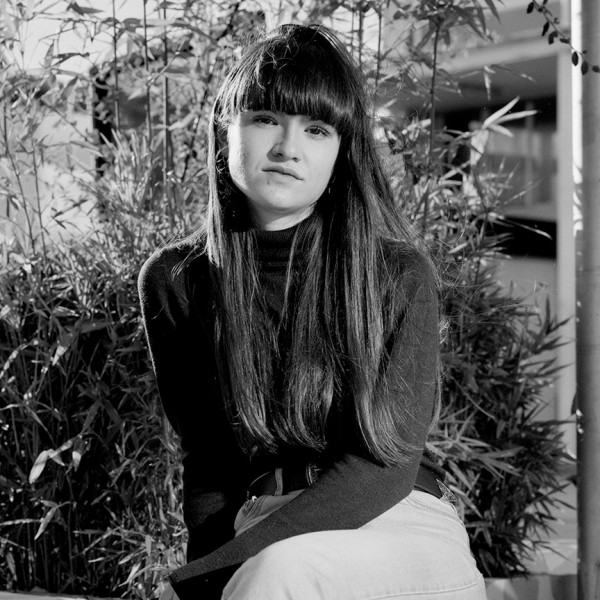
Bachelor Communication Science
Lisboa
The degree in Communication Sciences aims to provide training in the main areas existing in thge group of Communication Sciences. The course comprising two specialization variants, which constitute alternative to obtain the diploma: Specialization in Org Read more
The degree in Communication Sciences aims to provide training in the main areas existing in thge group of Communication Sciences. The course comprising two specialization variants, which constitute alternative to obtain the diploma: Specialization in Org Read more










